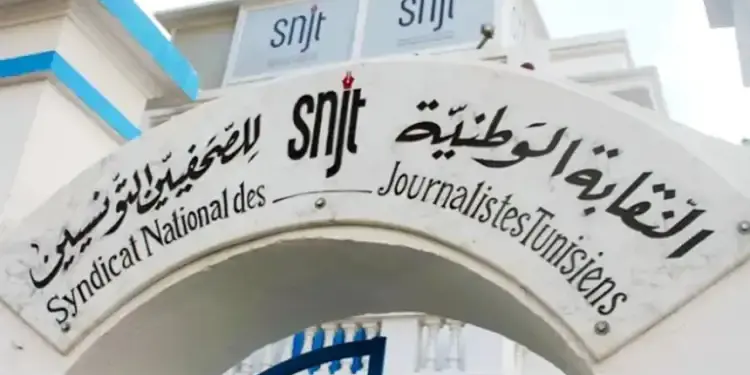The office of the Assembly of People’s Representatives decided, at its meeting held Thursday, April 10, to transmit to the Commission of General Legislation the bill aimed at amending and completing decree n ° 54, relating to the fight against crimes related to information and communication systems.
This decision aroused an immediate reaction from the National Union of Tunisian Journalists (SNJT), which called for the pure and simple abandonment of articles “hostile to freedoms and fundamental rights”.
In a statement granted today to the TAP agency, the president of the SNJT, Zied Dabbar, urged the deputies to completely give up the repressive provisions contained in the decree. According to him, “the essential is not so much the transmission of the amendment project to the concerned commission as the awareness of the need to repeal the articles used to imprison politicians, lawyers, journalists, bloggers and simple citizens”.
Dabbar also expressed the SNJT’s surprise to see the text referred to the Commission of General Legislation, while the Rights and Freedoms Commission would have been, according to the union, more competent and better placed to examine a project having a direct impact on fundamental freedoms.
The amendment proposal was filed on February 20, 2024 by a group of deputies, but had not been sent to the commissions concerned. Faced with this inaction, 60 deputies renewed the request last January so that the text was examined in emergency.
For its part, the SNJT, in collaboration with components of civil society, has multiplied the actions to request the cessation of legal proceedings against journalists and media professionals on the basis of decree 54, calling for the application of decree 115, which governs the infractions linked to the press and information.
A marking precedent was recorded on February 3, 2025, when the 29th Chamber of the Court of Cassation of Tunis issued a decision in principle: it judged that the media are not affected by the provisions of decree 54.
The Court canceled the transmission of the lawyer of the lawyer and columnist Sonia Dahmani to the criminal chamber, in a case linked to her criticism of public officials. According to the jurisdiction, the media must be exclusively in decree 115.
The SNJT welcomed this decision, calling it “courageous” and “not important to a just legal interpretation”, stressing that it contributed to restoring the exclusive application of decree 115 for publication cases.
Finally, the union recalled that decree 115 covers all the forms of information dissemination mentioned in article 50, namely drawings, speeches, publications in public places, impressions intended for the general public, as well as written, sound, audiovisual or electronic media.








